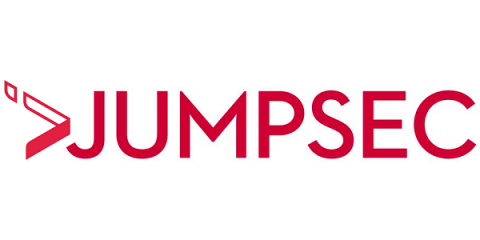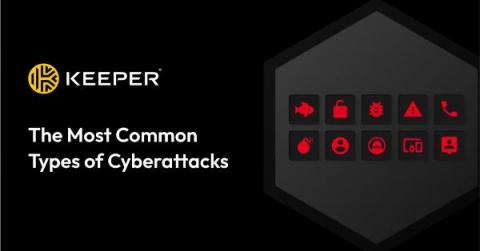Security | Threat Detection | Cyberattacks | DevSecOps | Compliance
Cyberattacks
Updated NCSC Report Highlights Key Threats for the UK Legal Sector
On June 22nd, 2023, the National Cyber Security Centre (NCSC), the UK's cybersecurity agency, released a Cyber Threat Report for the country's legal sector. Developed to update a previous iteration from 2018, the report reflects a dramatic change in the cybersecurity threat landscape, offering advice that considers the security issues inherent with remote working, new data revealing the UK legal sector's vulnerability to cybercrime, and the increasing prevalence of attacks on smaller organizations.
The Most Common Types of Cyberattacks
The most common types of cyberattacks are phishing, variations of password attacks, malware, spoofing, supply chain attacks, DDoS attacks, identity-based attacks, IoT attacks and insider threats. Continue reading to learn more about what these cyberattacks are and how to keep yourself protected from them.
API Abuse - Lessons from the Duolingo Data Scraping Attack
It’s been reported that 2.6 million user records sourced from the Duolingo app are for sale. The attacker apparently obtained them from an open API provided by the company. There’s a more technical explanation available here. While we talk a lot about the vulnerabilities in the OWASP API Top-10 and the exploits associated with those vulnerabilities, this incident provides a good reminder that not all vulnerabilities are flaws in code. In fact, this API was working as designed.
BEC Trends: Payroll Diversion Dominates and Sneaky Multi-Persona Attacks Emerge
Business Email Compromise (BEC) remains a lucrative threat vector for attackers. The FBI’s IC3 reported that in 2022, they received 21,832 complaints with adjusted losses of over $2.7 billion. When it comes to targeted attacks, threat actor sophistication is evident in their ever-evolving tactics, even as detection capabilities and preventative measures improve. Let’s take a look at the current BEC landscape for the first half of 2023.
North Korea ready to cash out more than $40 million in Bitcoin after summer of attacks, warns FBI
After a series of high-profile cryptocurrency heists, a state-sponsored North Korean malicious hacking group is poised to cash out millions of dollars. That's the opinion of the FBI, which this week has warned cryptocurrency companies about recent blockchain activity it has observed connected to the theft of hundreds of millions of cryptocurrency in recent months.
Understanding API Attacks: Why they are different and how to stop them
What You Can Do to Stop Software Supply Chain Attacks
In my previous blog post, I looked at how software supply chain attacks work and what you can do to assess and analyze your security posture. Now, let’s figure out how to use the resultant information to harden your software supply chain against threats.
Akira Ransomware, 8Base Ransomware, and more: Hacker's Playbook Threat Coverage Round-up: August 22, 2023
In this version of the Hacker’s Playbook Threat Coverage round-up, we are highlighting newly added coverage for several recently discovered or analyzed ransomware and malware variants, including Akira ransomware, 8base ransomware, and Rorschach (BabLock) ransomware, amongst others. SafeBreach customers can select and run these attacks and more from the SafeBreach Hacker’s Playbook™ to ensure coverage against these advanced threats.
9 Steps to Protect Against the Next MOVEit/MFT Attack
By now, the facts of the recent MOVEit breach are well known (although the victim total keeps climbing), but it never hurts to be reminded that these attacks do not take place in a vacuum and threat actors are more than happy to repeatedly use the same tactics if their targets remain vulnerable. Trustwave SpiderLabs, has tracked and documented these events explaining how threat actors were found to be exploiting three vulnerabilities, including a zero-day, (CVE-2023-34362, CVE-2023-35036.










